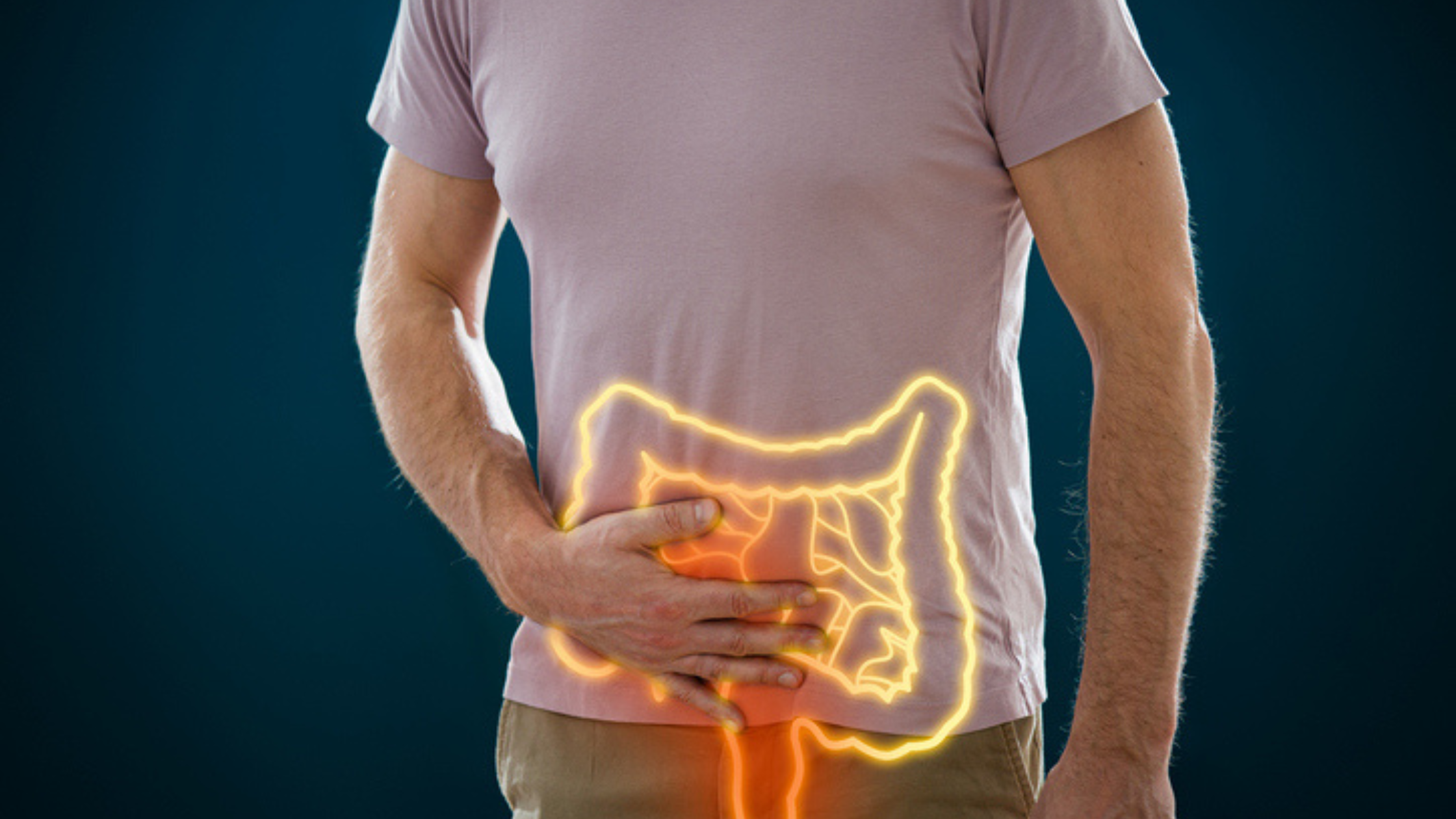Key Takeaways:
- Engaging in regular physical exercise enhances brain health and can delay cognitive decline.
- Maintaining a balanced nutrient-rich diet supports brain function and reduces the risk of neurodegenerative diseases.
- Continuous learning and mental stimulation keep the brain active and promote neuroplasticity.
__________________________
Did you know that the human brain can generate new neurons even into your 90s?
This extraordinary capability underscores the importance of maintaining cognitive health to lead a fulfilling life as you age. Scientific research has identified various strategies for keeping the brain young and vibrant. This blog delves into the most effective ways to preserve brain health, culminating in the number one method backed by current research.
9 Effective Strategies for Keeping Your Brain Young
1. Regular Physical Activity
Exercise is a powerful tool for maintaining brain health. Aerobic activities, such as walking, running, and cycling, have been shown to enhance neurogenesis, the process of generating new neurons (R). Engaging in regular physical exercise increases blood flow to the brain, promoting the growth of new brain cells and improving overall cognitive function.
To gain these benefits, it is recommended to engage in moderate-intensity aerobic exercise for at least 150 minutes per week, or vigorous-intensity aerobic exercise for 75 minutes per week, as per the guidelines from health organisations like the World Health Organization (WHO)(R).

2. Balanced Nutrition
A diet rich in antioxidants, healthy fats, vitamins, and minerals is essential for brain health. Foods such as berries, nuts, fatty fish, and leafy greens provide nutrients that protect the brain from oxidative stress and inflammation (R). Omega-3 fatty acids, found in fish like salmon, play a crucial role in maintaining neuronal structure and function (R).
3. Mental Stimulation
Keeping the brain active through continuous learning and mental challenges is vital. Activities like reading, solving puzzles, and learning new skills stimulate neural connections and enhance cognitive reserve (R). This mental engagement helps the brain adapt and function efficiently even in older age.
Tip: sign up for our newsletter AgeMate Bites and you will receive a brain challenge every week.
4. Quality Sleep
Adequate sleep is crucial for brain health. During sleep, the brain undergoes essential processes such as memory consolidation and toxin removal. Chronic sleep deprivation is linked to cognitive decline and an increased risk of neurodegenerative diseases (R).
Recommended Sleep Duration (R):
- Adults (18-64 years): 7-9 hours per night
- Older Adults (65+ years): 7-8 hours per night

5. Social Interaction
Strong social connections and interactions have a positive impact on brain health. Engaging with others helps reduce stress and stimulates cognitive functions, thereby enhancing brain resilience (R). Social activities and meaningful relationships contribute to a lower risk of dementia and cognitive impairment (R).
6. Stress Management
Chronic stress negatively affects brain health. Prolonged exposure to stress hormones like cortisol can damage neurons and impair cognitive functions. Effective stress management techniques, such as mindfulness, meditation, and yoga, can mitigate these effects and promote brain health (R).
7. Avoiding Harmful Substances
Limiting the intake of harmful substances such as alcohol and tobacco is essential for brain health. These substances can cause significant damage to brain cells and increase the risk of cognitive decline (R). Adopting a healthy lifestyle that avoids these toxins supports long-term brain function.
8. Hydration
Staying well-hydrated is crucial for optimal brain function. Dehydration can impair cognitive performance, concentration, and mood, so ensuring adequate water intake supports brain cell function and overall cognitive health (R).
How much water? Excluding perspiration, the normal turnover of water in adults is approximately 4% of total body weight. In a 70 kg adult, this is equivalent to 2,500-3,000 mL/day. From food and fluids, women 19 years or older should be getting 2,800 ml/day and men 19 years or older, 3,400 ml/day. However, these amounts can vary based on individual biometrics (R).
9. Cognitive Training
Engaging in cognitive training exercises, such as memory games and brain-training apps, can enhance cognitive functions. These activities are designed to improve specific mental skills and can lead to better memory, attention, and problem-solving abilities (R).

#1 Strategy For Keeping Your Brain Young:
Aerobic Exercise
Among the various strategies to keep the brain young, regular aerobic exercise stands out as the most effective. Extensive research highlights that aerobic activities not only enhance physical health but also significantly boost cognitive functions.
Scientific Evidence Supporting Aerobic Exercise
Aerobic exercise increases blood flow to the brain, which in turn enhances the delivery of oxygen and nutrients to brain cells. This increased circulation promotes neurogenesis and improves brain plasticity, which is the brain’s ability to adapt and reorganise itself (R). Studies have shown that individuals who engage in regular aerobic exercise have better memory, attention, and executive function compared to those who lead a sedentary lifestyle (R).
Moreover, aerobic exercise has been linked to a reduced risk of developing neurodegenerative diseases such as Alzheimer’s and Parkinson’s. The protective effects of exercise are attributed to its ability to reduce inflammation, oxidative stress, and improve overall cardiovascular health, which is closely connected to brain health (R).
Conclusion
While various strategies contribute to maintaining a youthful brain, regular aerobic exercise stands out as the top method based on current scientific research. Integrating physical activity into your daily routine, along with other healthy lifestyle choices, can significantly enhance cognitive health and reduce the risk of age-related cognitive decline.
Nourishing your body is key to maintaining mental vitality. Our Longevity Blend offers the nutrients that help nourish and maintain a sharp and healthy brain as you age.





